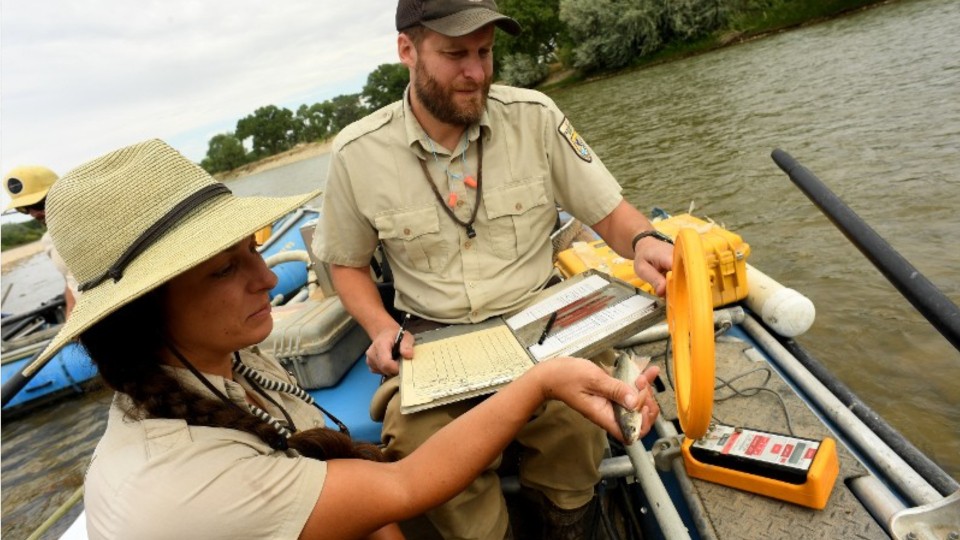Biology (PhD)
What is A Biology (PhD) Degree?
Biology is the scientific study of life in all forms including plants, animals, and microorganisms. The field is so broad that if you decide to go for a PhD degree in biology, you will choose one or two subspecialties on which to focus—sub-fields like microbiology, biochemistry, cellular biology, genetics, zoology, wildlife biology, biophysics, molecular biology, ecology, evolutionary biology, physiology, neuroscience, botany, or aquatic biology.
Whatever you choose, with the PhD you will be prepared to do original research or to work for a governmental agency or specialized lab designing strategies and policies to improve agricultural practices, the condition of the environment, and the health of citizens. You could even work in the corporate field, developing or testing new products. You can also teach at the university level and direct the research of others in the field.
The video below discusses a “typical” program, so it should help regardless of which school you are considering.



